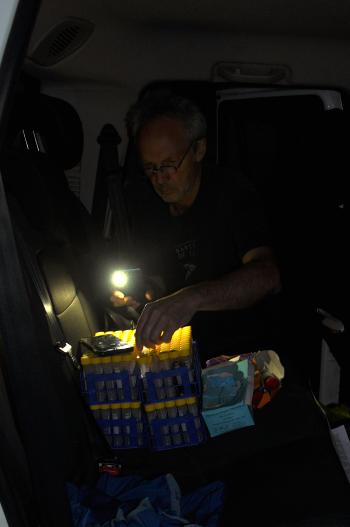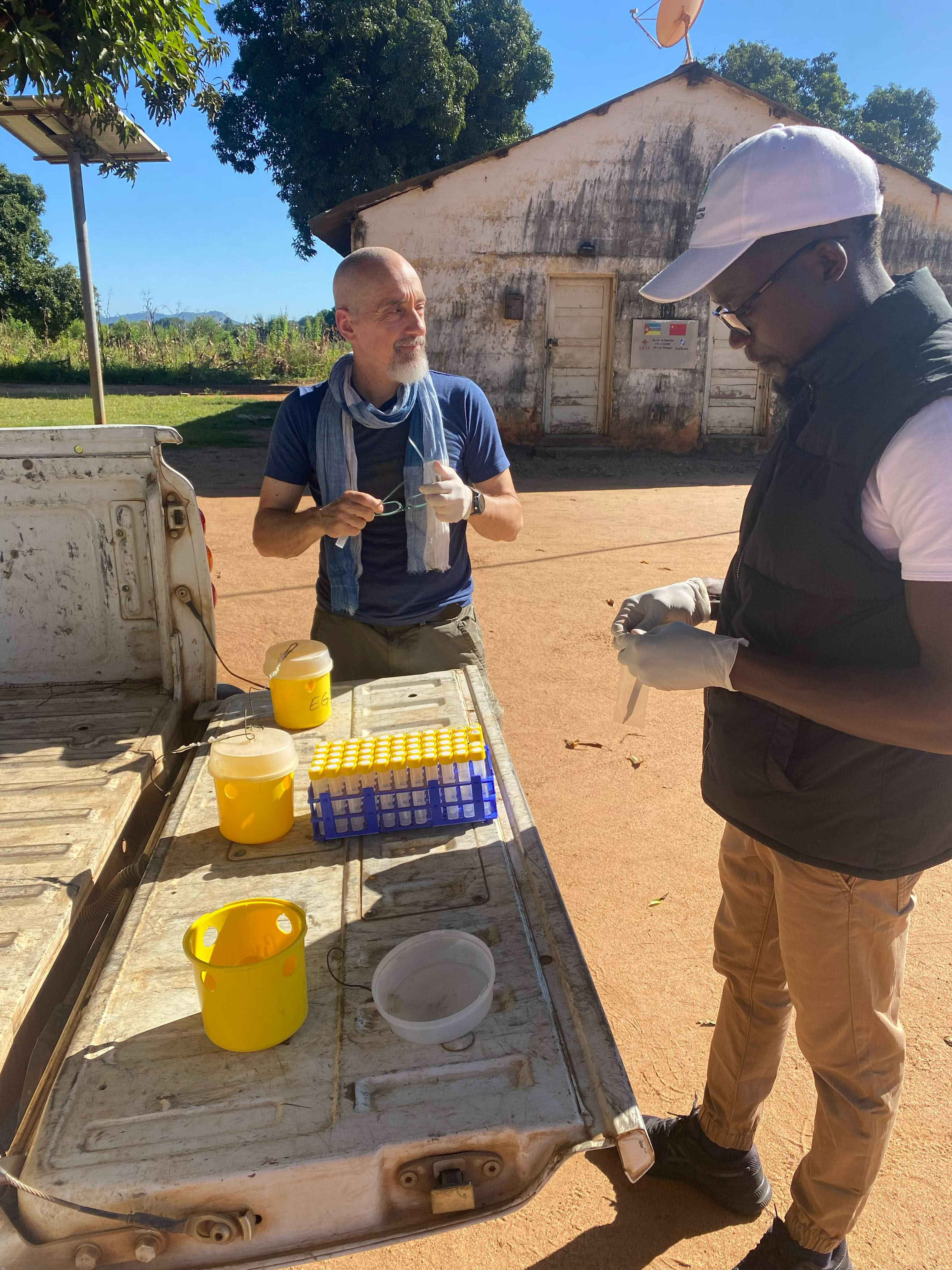DISPEST_2 Survey in Mozambique Complements the Regional Monitoring of Zeugodacus cucurbitae

The melon fly (Zeugodacus cucurbitae) is a serious agricultural pest rapidly expanding its range across Southeast Africa, threatening local cucurbit crops. As part of the DISPEST_2 project, an additional mission was conducted from 9 to 19 May 2025 to monitor its distribution in Mozambique’s Manica and Tete provinces.

Luis Bota, head of the National Fruit Fly Lab in Chimoio and DISPEST_2 PhD student, led the survey together with colleagues from EMU-Maputo, a leading African centre of excellence for fruit fly research. The team visited 22 strategic sites across Manica districts including Vanduzi, Báruè, Guro, Gondola, Chimoio, Messica, and Manica town, as well as Tete districts such as Changara, Tete, Moatize, and Angónia. Sampling took place at local agricultural offices, community extension posts, and rural production zones to collect data which will provide critical information for the demarcation of suitable Pest-Free Areas and Areas of Low Pest Prevalence.

This survey complements other periodic DISPEST_2 field activities—such as the January 2025 survey in northern Tanzania—helping to build a comprehensive and up-to-date regional database on fruit fly distribution.
These efforts support regional pest management strategies and strengthen collaboration across Southeast Africa to protect vital agricultural production from invasive fruit fly species.
